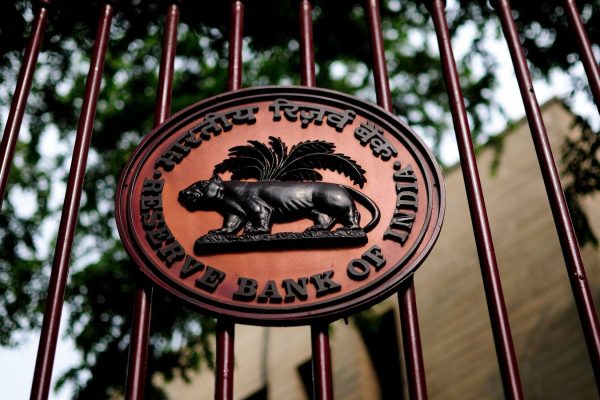RBI has Announced a 6.97% Interest Rate on 2024 Floating Rate Bond
The Reserve Bank of India (RBI) has set a competitive interest rate of 6.97% on the Floating Rate Bond for 2024. This news presents investors with an appealing investment option, as the interest rate is subject to periodic modifications based on market conditions. The Floating Rate Bond provides flexibility and the possibility for better returns, making it an interesting alternative for people looking for investment options with flexible interest rates.
On May 4, 2023, the Reserve Bank of India (RBI) announced a 6.97% interest rate on the Government of India’s Floating Rate Bond 2024 (FRB 2024) for the six-month period beginning May 7 and ending November 6, 2023.
Bonds usually have a fixed coupon or interest rate. You can, for example, buy a Rs 10,000 bond with a 5% coupon rate. In the case of such a bond, the bond issuer will pay you Rs 500 in annual interest. This interest is continuous and does not change in response to the current interest rate in the market.
A floating rate bond, on the other hand, is a financial instrument with no fixed coupon rate and an interest rate that changes depending on the benchmark against which the bond is drawn. Benchmarks are market tools that have an impact on the overall economy. For example, the repo rate or reverse repo rate can be used as a benchmark for a floating rate bond.
Key Characteristics of the 2024 Floating Rate Bond
The interest rate for the FRB 2024 will be adjusted to the implied yields at the cut-off prices of the three most recent auctions of Government of India 182-day Treasury Bills held up to the coupon reset date, which is May 07, 2023, and will be rounded to the nearest two decimal places. The implicit yields will be calculated by accounting for all 365 days of the year.

Explanation of the Interest Rate of 6.97%
The coupon on the FRB bonds is equal to the weighted average yield of the last three auctions of 182-day Treasury Bills (T-Bill), plus an auction-determined fixed spread.
Potential Advantages of Investing in Floating Rate Bonds
- Floating rate bonds can be appealing during periods of rising interest rates since their coupon payments rise in tandem. This helps to limit the danger of falling bond prices, which is common when interest rates rise.
- Floating rate bonds can provide some income preservation because the coupon payments adjust to reflect changes in interest rates. This feature can be advantageous for income-focused investors looking for consistent income streams.
- Floating rate bonds are frequently issued by well-established corporations and traded in liquid marketplaces. This liquidity can make it easier for investors to acquire and sell these bonds at fair prices, increasing portfolio flexibility.
Conclusion
The Reserve Bank of India (RBI) recently declared a 6.97% interest rate on Floating Rate Bonds maturing in 2024. The RBI’s decision signals its stance on interest rates and gives investors the opportunity to earn a fixed interest income for the life of the bond.
The interest rate on these bonds is subject to periodic modifications based on current market conditions, giving investors some flexibility. This announcement acts as a signal to the market about the central bank’s perspective on interest rates and can influence investor sentiment. Investors looking for a relatively steady investment choice with a fixed income component can consider investing in these Floating Rate Bonds.



